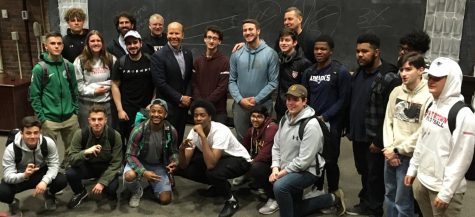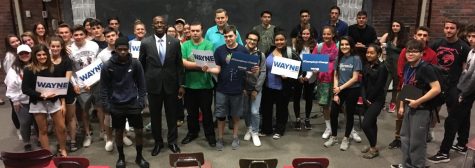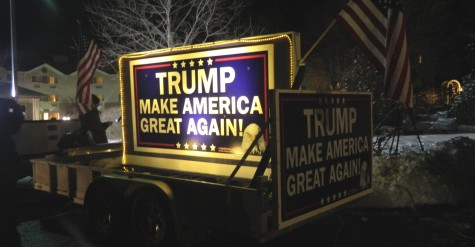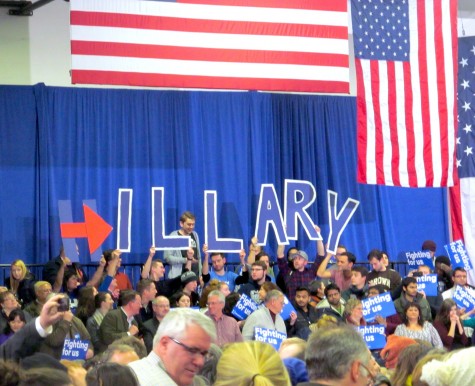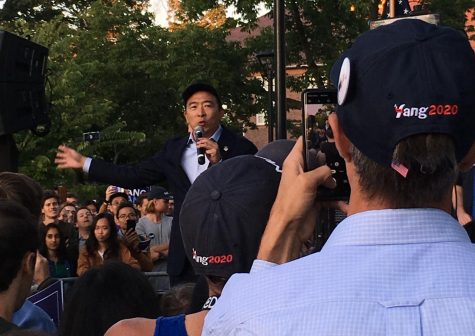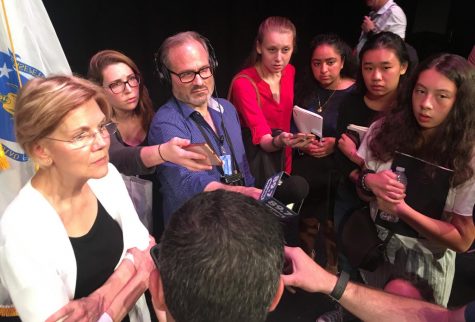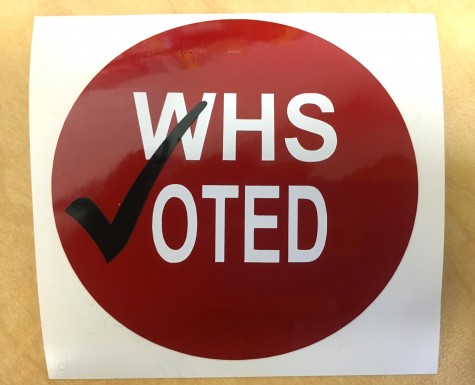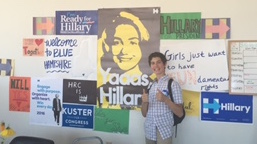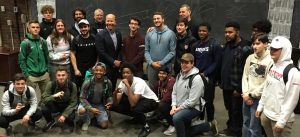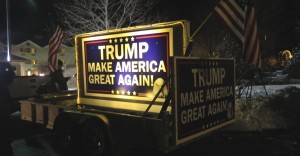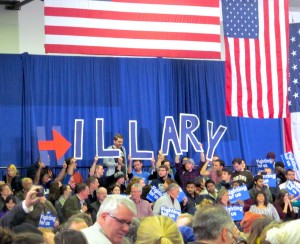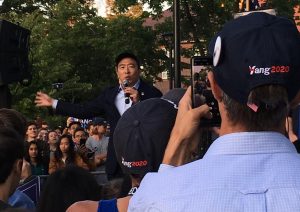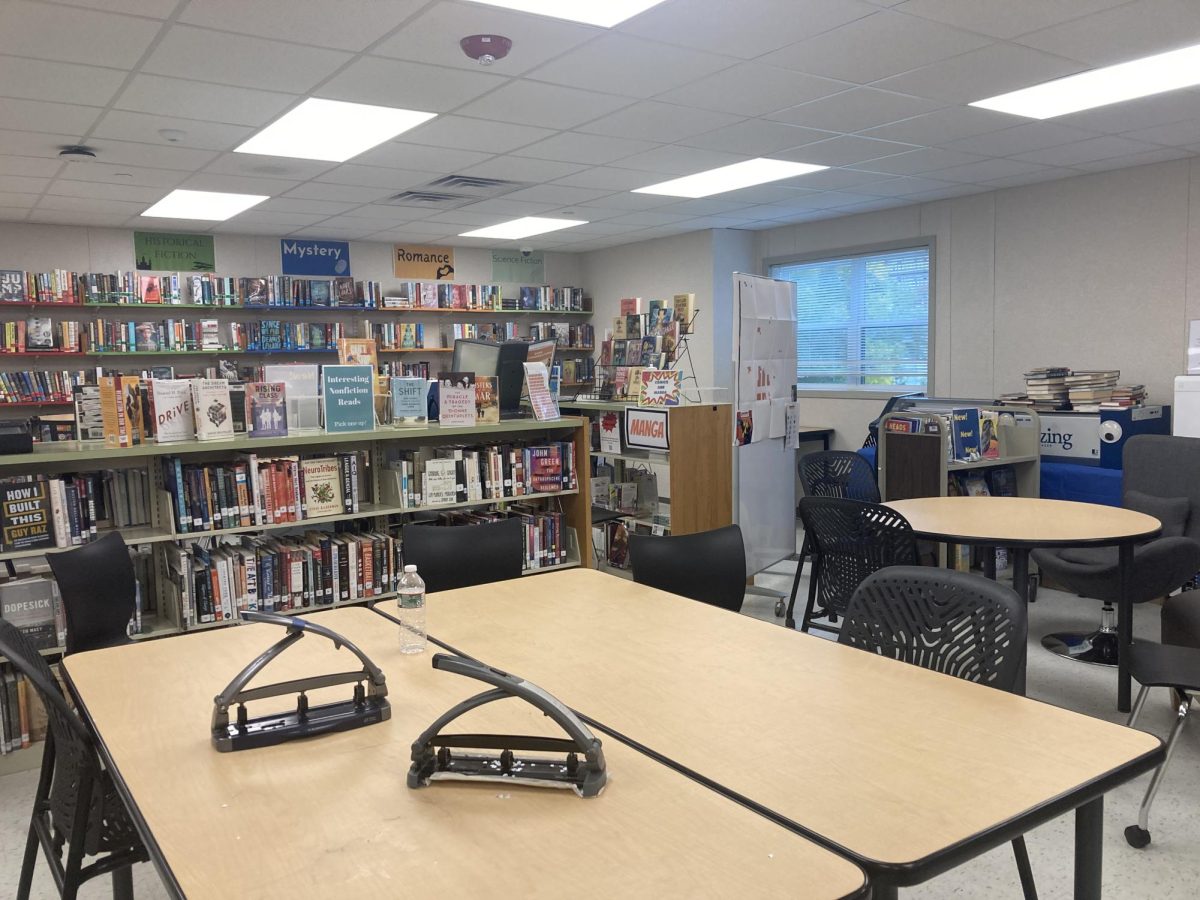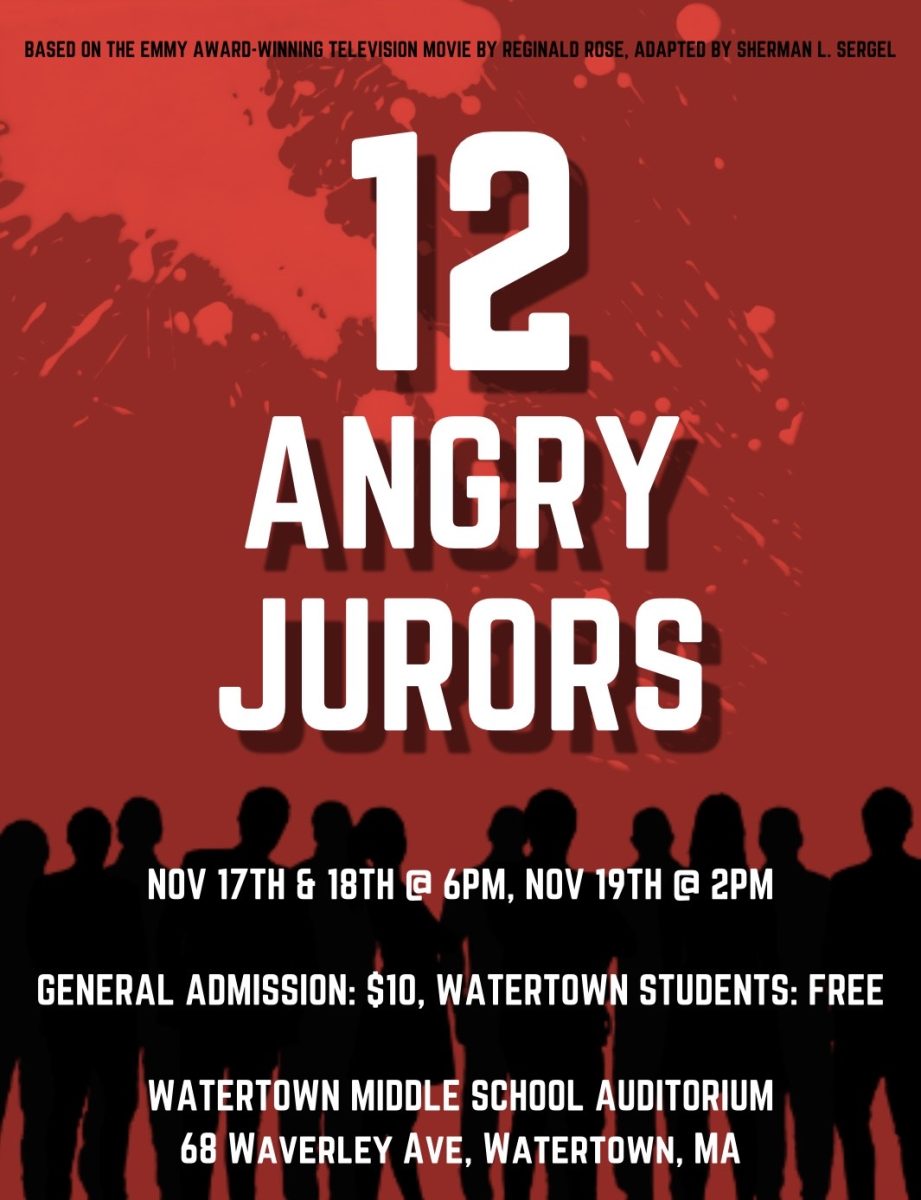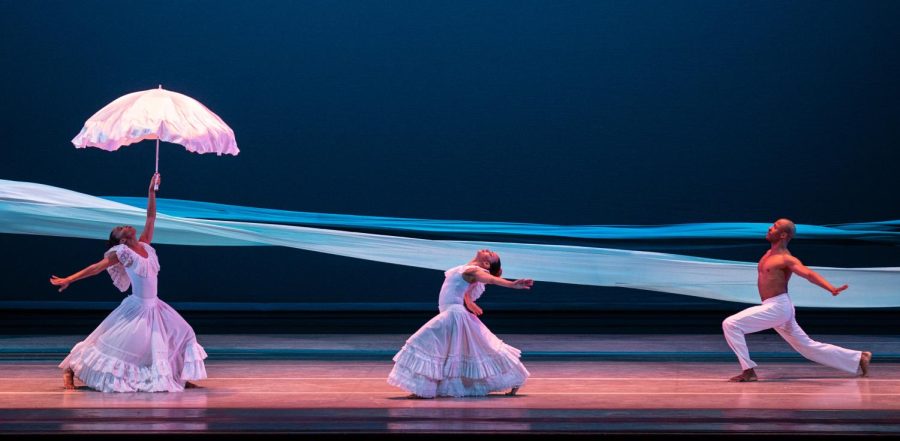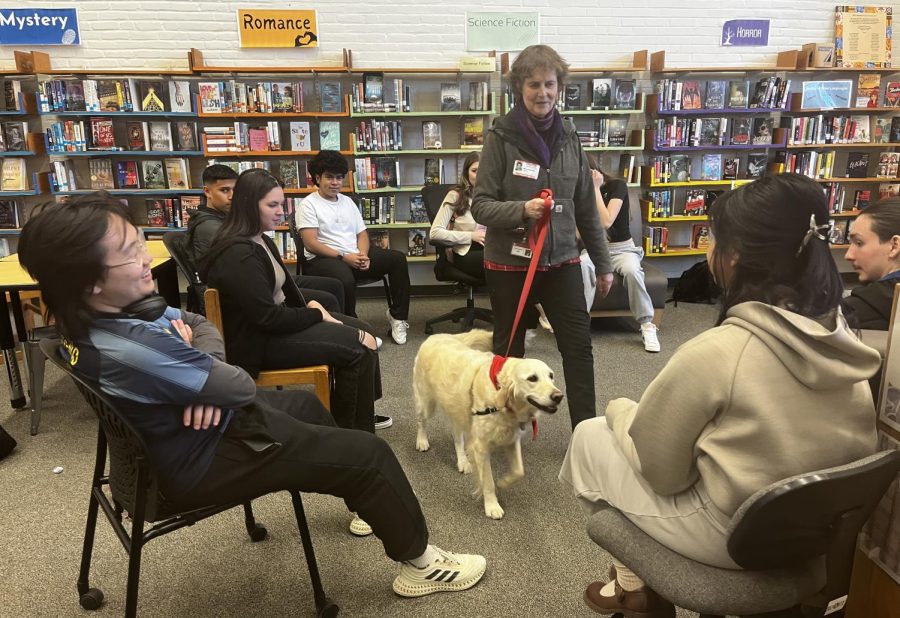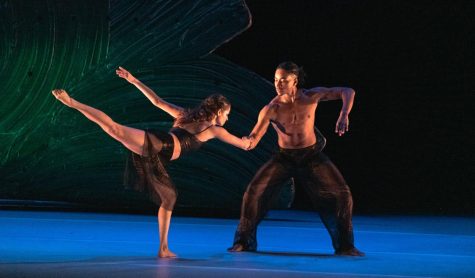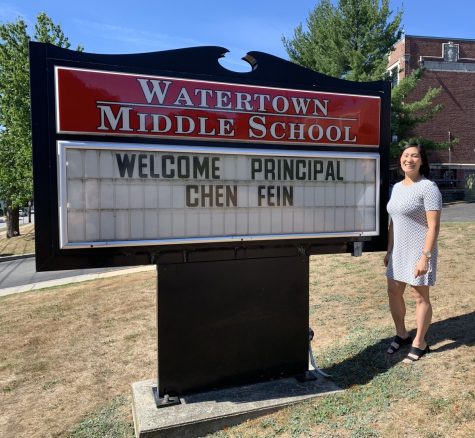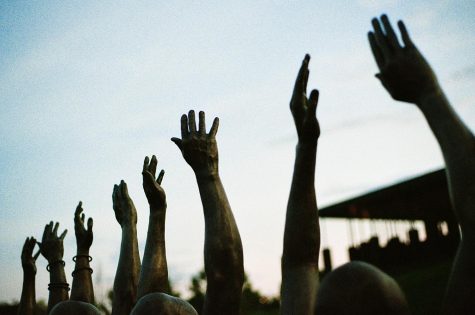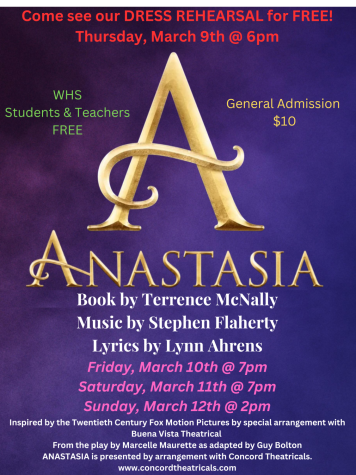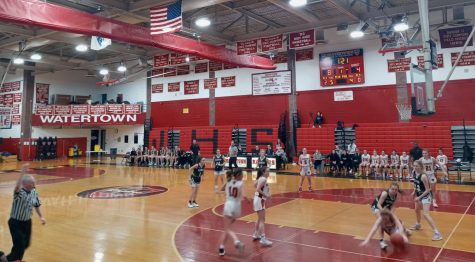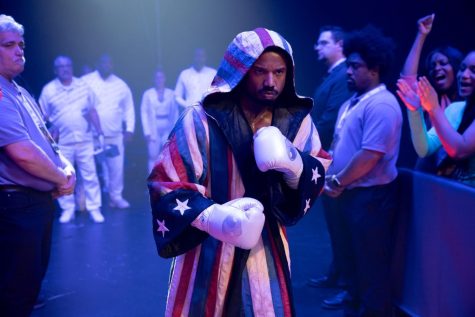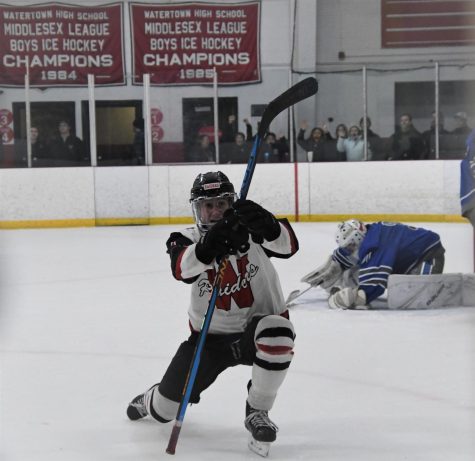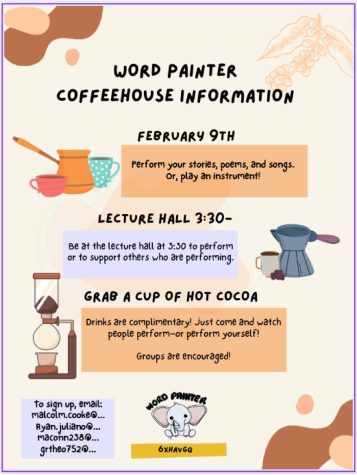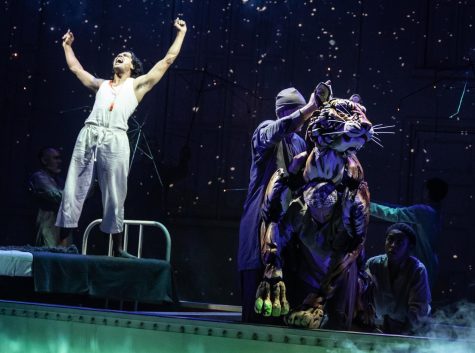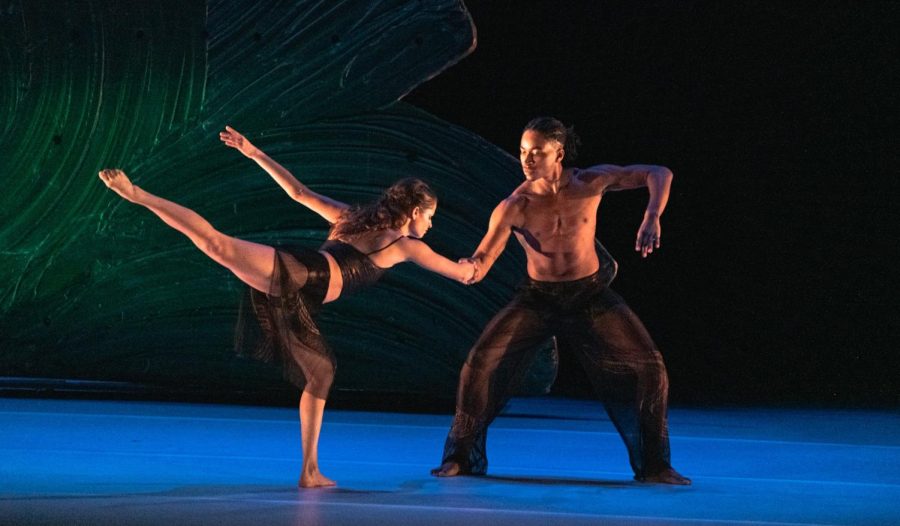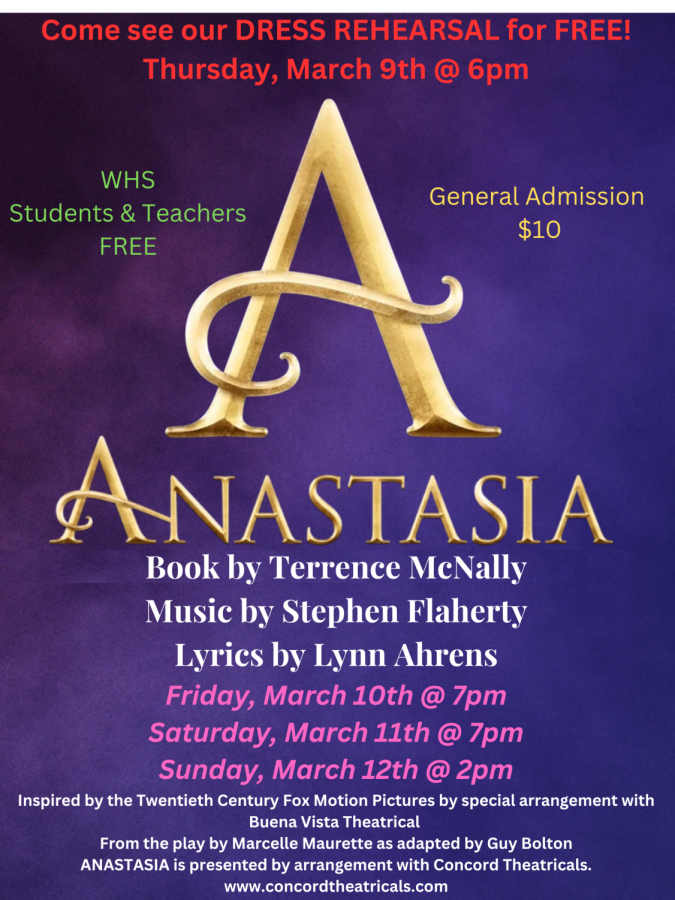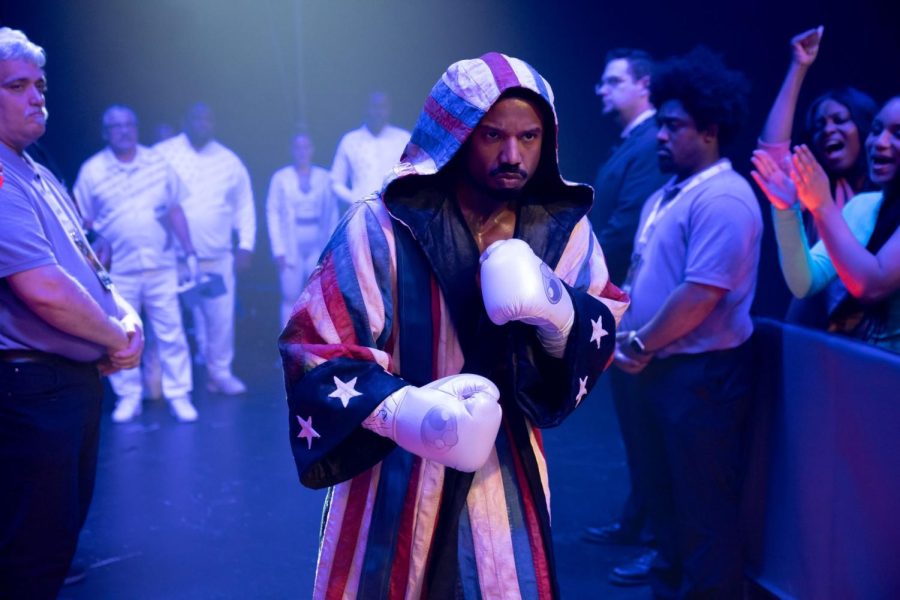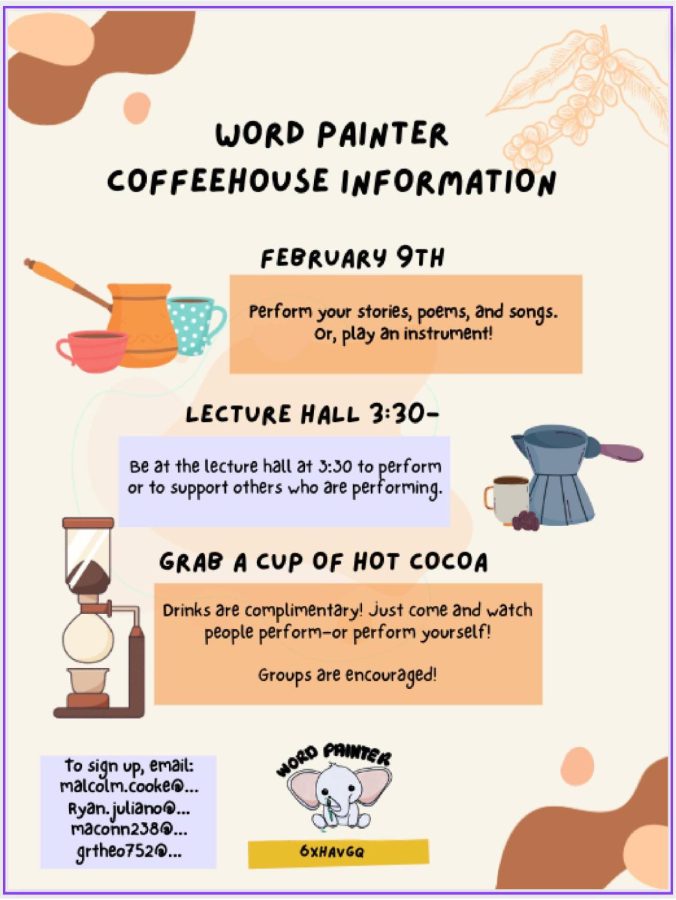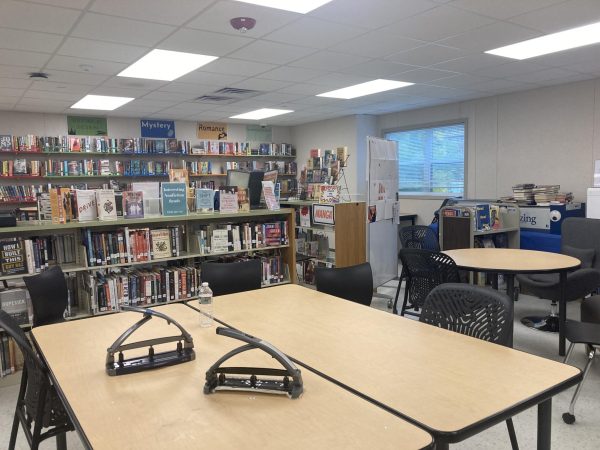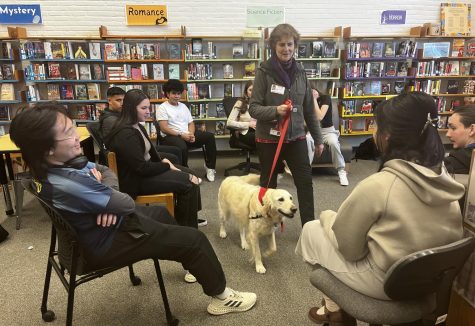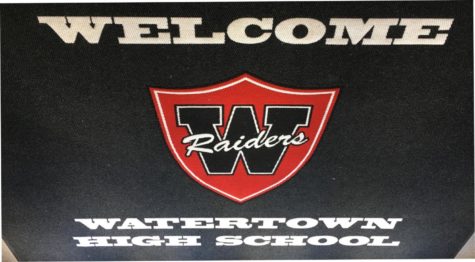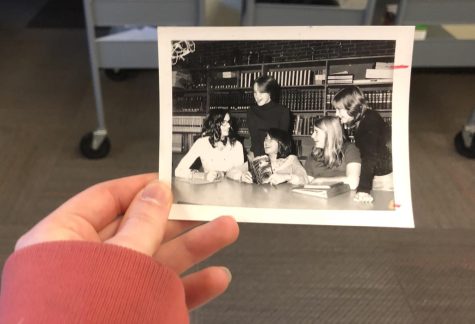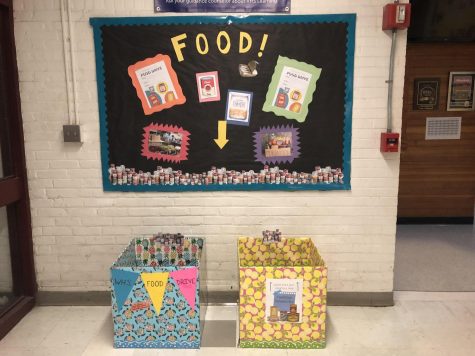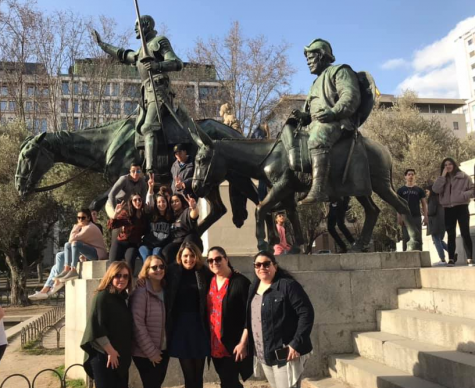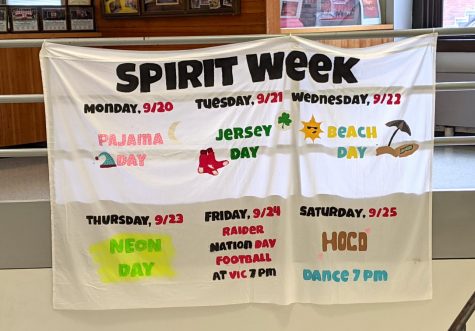What is the best way to teach the 2020 presidential election?
Watertown High faculty tested by race between Donald Trump and Joe Biden
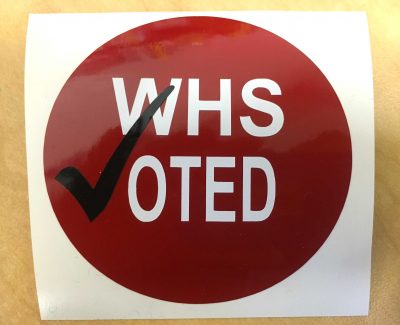
November 2, 2020
As high school students, politics has never been prevalent in our lives until now. For many of us, this is our first exposure to the world of politics and I wondered what role school and teachers should play in teaching us about the moment we’re currently in. Considering this presidential election is so contested, I was curious how three Watertown High School teachers with whom I took classes with were helping their students put Nov. 3 into context.
William MacLaughlin, a WHS English teacher, explained to me that he believes his role as an educator is not to tell anyone what or how to think but to “arm students with strategies to look very closely at the ways people present their positions and to identify both strengths and shortcomings of those, as there’s a power and an urgency to the way people are using language in this election that’s precisely what we are trying to investigate,” he said.
Because of this, it almost feels essential to him to bring what’s happening in the world into the classroom.
“The hope is that we could have better conversations in our classroom than are happening in the public discourse,” he said.
On a different note, when talking about how to approach this election from a historical standpoint, WHS history teachers James Buck and Kraig Gustafson explained that this election does not fit the historical pattern of previous elections, making it a more difficult issue to address in class.
Mr. Gustafson gave some insight into his AP U.S. History class in which they’ve been talking about ideas such as the social contract (the general idea that one gives up some of their individual freedoms for collective security and rules), checks and balances, and the three equal branches of government. In contrast to these ideas, he explained, “It’s hard to point to politics now as the culminating efforts of 400 years of American democracy and teach it like that.”
Mr. Buck also mentioned how in normal history classes it’s easy to teach the Democratic and Republican philosophies, as well as how they differ, as a traditional Republican might believe in lowering taxes, while a traditional Democrat would believe that the government has a responsibility to help people, therefore they might believe in collecting more taxes.
“In this election it’s harder to be fair and neutral and say that it’s perfectly understandable why people would vote for either candidate, as the differences now come down to something that’s different than that,” Mr. Buck said. “In this election, it really comes down to character and fitness instead.”
However, it’s not only the candidate’s political positions that differ from a historically traditional sense, but also the possible outcomes and structure of this election.
When referring to President Trump’s possible refusal to accept the election results if he loses, and his doubts about mail-in voting, Mr.Buck stated, “When you have a president who’s saying they don’t believe in the fundamentals of our election system, where do you go from there?
“There’s so many traditional things we expect. When an election is over, a candidate concedes and tells his followers to support whoever wins. That won’t happen this time.”
To put it into perspective, Mr. Gustafson brought up the 2000 election between Al Gore and George W. Bush. He explained that even though Gore was extremely disappointed in the Supreme Court’s decision regarding the vote in Florida, he accepted the court’s decision and conceded.
“That’s the way it should be, you should win graciously, you should lose graciously,” Mr. Gustafson explained.
While talking to all three teachers, they all seemed to emphasize the importance of teaching students to develop better critical thinking skills is in the context of this unique political and historical moment. Whether it’s looking at language and the ability it has over people, or the weaknesses and inconsistencies in the American system of government, these WHS teachers hope students will be able to gain a better understanding of what’s at stake in this election.
–Nov. 2, 2020–
